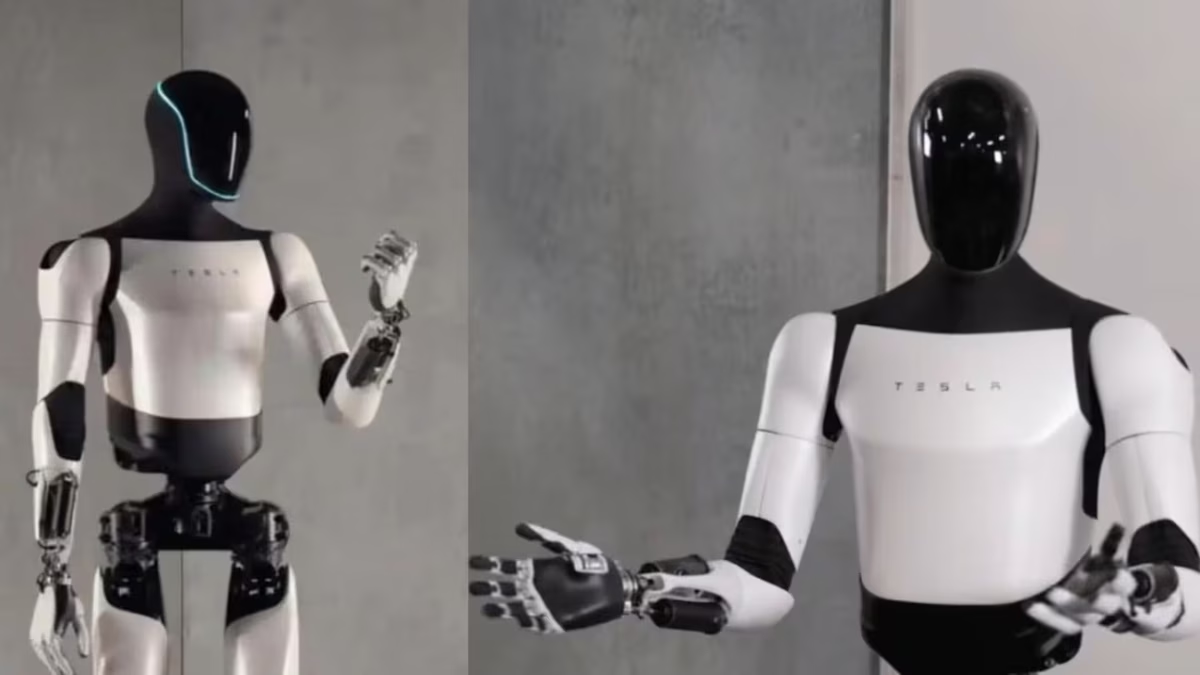Technologies like Orb and Neuralinkone of the most widespread in this specialty although not the only ones, achieve these “brain-computer” interfaces with an unusual evolution and with increasing sophistication.
All technologies give us and take away from us. “GPS” guides us anywhere in the world and, meanwhile, relaxes our memory and spatial location ability. He “ChatGPT” saves us hours of writing and reduces our creativity and investigative capacity. These new tools will be able to give us a range of incredible health solutions, and let’s know: they will take a lot from us too. The most important thing in this exchange is that, within a supposed framework of legality, we agree with the cost-benefit equation or relationship. But to understand what this “trade-off” is about, we must use some of the power of our imagination.
Let’s start with this simple question: What can these tools give us? Without a doubt they will be revolutionary in terms of health, fun, research, communication and learning. To just cite examples, in terms of health it could contribute to diagnosing and treating neurological diseases such as epilepsy, Parkinson’s, and depression; also restore motor function in people with paralysis and even animate prostheses controlled by the brain. In other words, this will be creating “cyborgs”, that is, humans with cybernetic devices with the aim of improving the capabilities of the organic part through the use of technology. These already existed in science fiction, and like so many other times, they have become part of our reality. In short, reality will once again surpass fiction.
So while these technologies, as we observe, have the potential to revolutionize the way we interact with the world, they also raise important questions about how they could dramatically affect our rights.
Depending on how they are implemented, and the legislation of the country in question, they could affect privacy, by allowing the extraction of personal and sensitive information directly from our brains without asking us, through the signing of a consent in the act of implementation. Here it will be important to explore how this necessary consent that the user will give will be given.
Another point that may be worrying is autonomy. We know that controlling a device through a computer is possible today. So, a fake arm could be hacked and instead of being controlled by the authorized brain, it be managed by another machine? And for another human brain? We return to consent and inevitably to cybersecurity.
Additionally, the technology in question will initially be for people with high or very high purchasing power. What will societies in the world think about the “equality versus necessity” dilemma? How is equal access to this technology guaranteed in issues as important as health? Are insurers already thinking about providing coverage for the loss of a member of the body due to an accident?
There is a tipping point that begins to challenge our beliefs about body, mind, and identity. We just have to ask ourselves the following: if we lost a finger and could control another robotic one with our mind, or an arm, or both, and add the legs… What is the limit by which our brain will be able to control a completely robotic body? Could a cyborg, instead of a human with cybernetic parts, be a humanoid with a few human parts? What if you wanted to control other devices remotely? Can we store our consciousness, as proposed by the Israeli historian and writer Yuval Noah Harari?
Perhaps these questions place us in a new dimension of the aforementioned science fiction. It will only be enough to wait 20, 30 or 40 years to be amazed again. It will be enough to see how humanity will be more astonished and the Paralympic games will be attractive and will begin to produce new records in a way never seen before. Where people with disabilities will show more capacity, super capacities. Where old series like “The Nuclear Man” or “The Bionic Woman” (1970s) will once again be an example that fiction becomes reality.
And just as the Artificial intelligence It has been surprising us day by day, we are clearly facing a new technological and even human revolution that requires as soon as possible to start working on regulatory frameworks that cover the main risks mentioned above. Likewise, regarding the threat to our rights to privacy, equality, being controlled as a consequence of cyber attacks and, fundamentally, loss of identity and worse still, the greatest risk that human beings have ever experienced in their entire history: the loss of humanity.
Consulting and GRC Partner, BDO in Argentina.
Source: Ambito
David William is a talented author who has made a name for himself in the world of writing. He is a professional author who writes on a wide range of topics, from general interest to opinion news. David is currently working as a writer at 24 hours worlds where he brings his unique perspective and in-depth research to his articles, making them both informative and engaging.




